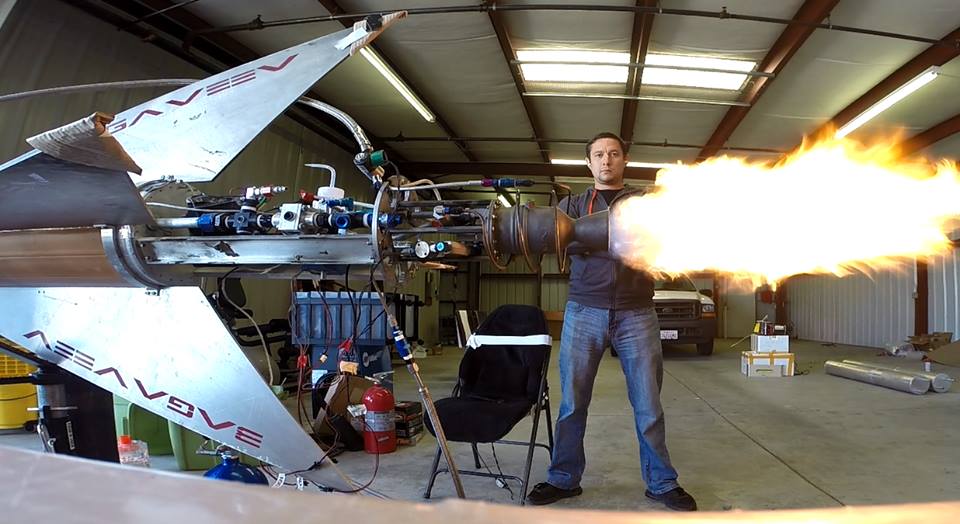
Nadir Bagaveev from Kazan, funded by YC
Some people think that YC only finances simple software startups. This is definitely not the case - YC's biggest exit (sale) to date is self-driving car company, Cruise Automation (for $ 1 billion), we have funded many other tech companies like Gingko Bioworks , Oklo , Helion , Rigetti Computing , OpenAI. , Perlara , Verge Genomics , X-Zell , Athelas , Auro Robotics , Bagaveev ,Boom , Gecko Robotics , Multiply Labs , OpenTrons , Varden Labs , Atomwise , Transcriptic , IronOx , 20n , Bikanta , Industrial Microbes , Cofactor Genomics and others .
We would like to fund a lot more hard tech companies and I would like to explain how YC helps the founders of hard tech the most. (I use "hard-tech" to refer to a startup that has doubts that technology can be created at all.)
In the early stages, there is actually a lot more in common between a self-driving car company and a file-sharing company than people think - all kinds of startups usually work best when initial costs are low and iteration cycles are fast. It's relatively easy for a software startup to push short cycle times and low cost to the limit, but hard tech founders are often surprised at how efficiently they can do it.
Many hard-tech founders come from academia or large companies where projects can be expensive and slow. We're helping these founders move towards more iterative thinking so they can move faster.

Cofactor Genomics Laboratory
Very often, the first thing we do is help hard-tech founders find a small project within their larger idea that follows a fast iteration model and requires relatively little capital. This project is often the smallest piece of their technology that still matters to some users or customers. At first glance, this may seem like a workaround, but it is a starting point that allows founders to create tangible momentum - for themselves and for hiring employees.
And while we encourage sophisticated tech startups to start small, we love it when founders think big.
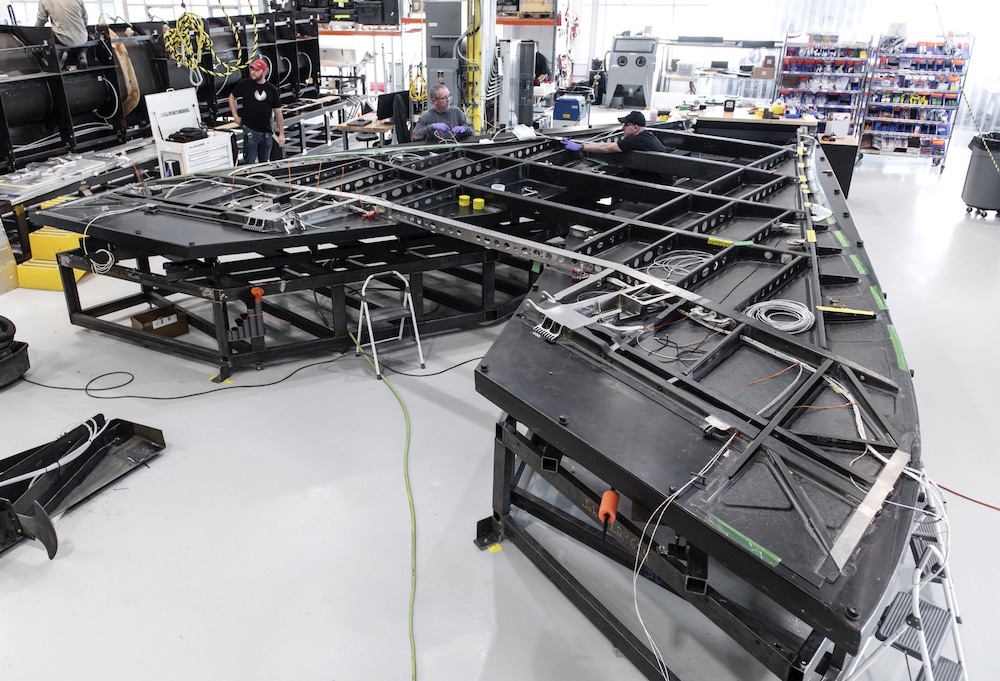
Supersonic Boom Plane
When needed, we help founders come up with a long-term plan for how they can evolve their technology to create companies with huge impact. It's not YC, but Tesla is my favorite example of how powerful this small project + long-term planning mentality can be. Their vision has always been to make the electric car accessible to all people, but first they built the Roadster - the opposite of a mass-consumption car - to generate income to get to the Model S. Then the Model S brought in the income to start production of the Model 3.
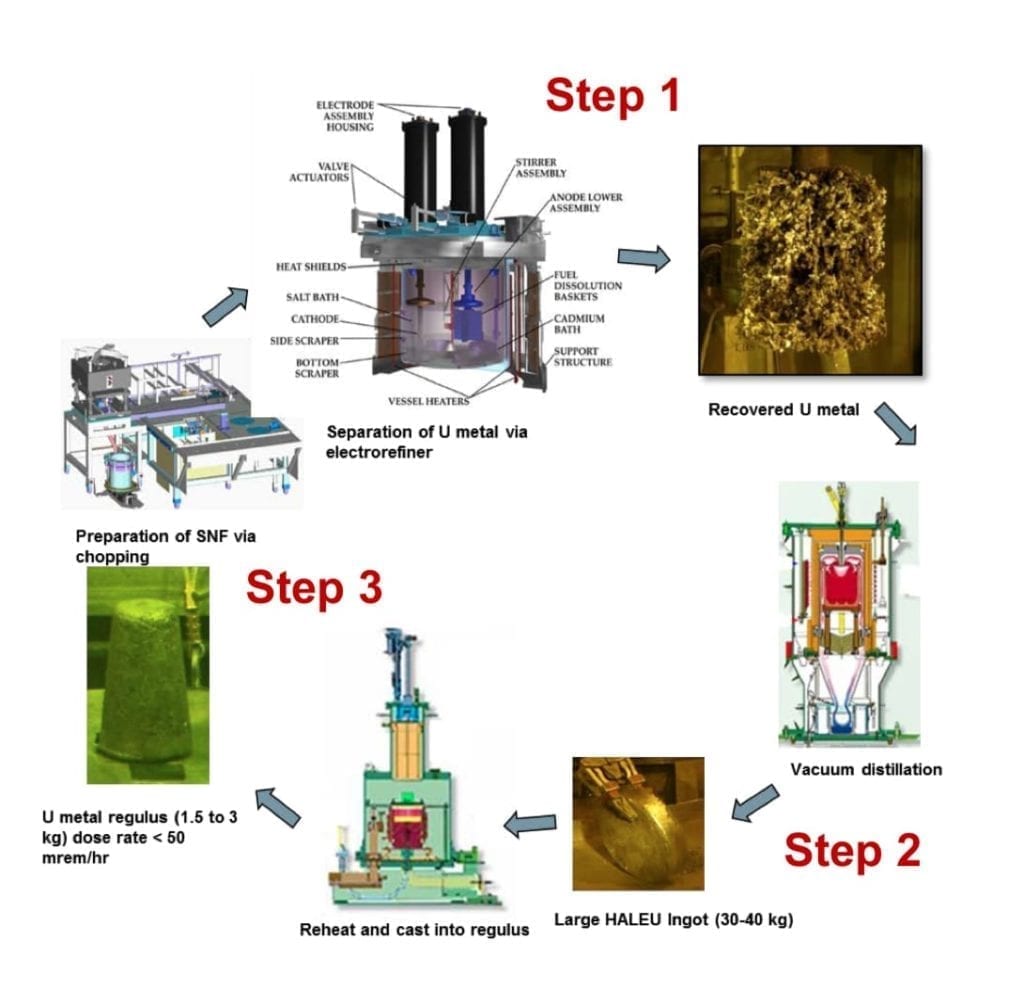
And Oklo, which builds next-generation nuclear reactors, is a promising example from YC. When they first came to YC, they considered entering several very different markets at the same time. We encouraged them to focus on one market that they could enter quickly and not try to do too many things at once, but we also encouraged them to open up to reflect on their most significant possible future.

Multiply Labs robots the production of capsules for personalized medicine.
On the cost side, we help high-tech startups perform as efficiently as possible. One of the factors that led to the boom in internet startups was that web hosting became an order of magnitude cheaper and easier to use. This is happening now with hard tech: there are many more standard components and services at much lower prices for startups in biotech, energy, robotics and everything else.
We help founders think about how to get their first version and source components as fast as possible, and we have agreements with providers and service providers that you can use based on your needs.
We also help tech startups find a balance between the need for rapid growth and complex regulatory frameworks. High tech startups often operate in highly regulated markets, and the activation energy required to overcome regulatory hurdles is killing many of them. However, even in the most regulated industries, there are ways to quickly test your assumptions, and we'll help you find the best offensive plan without creating problems.
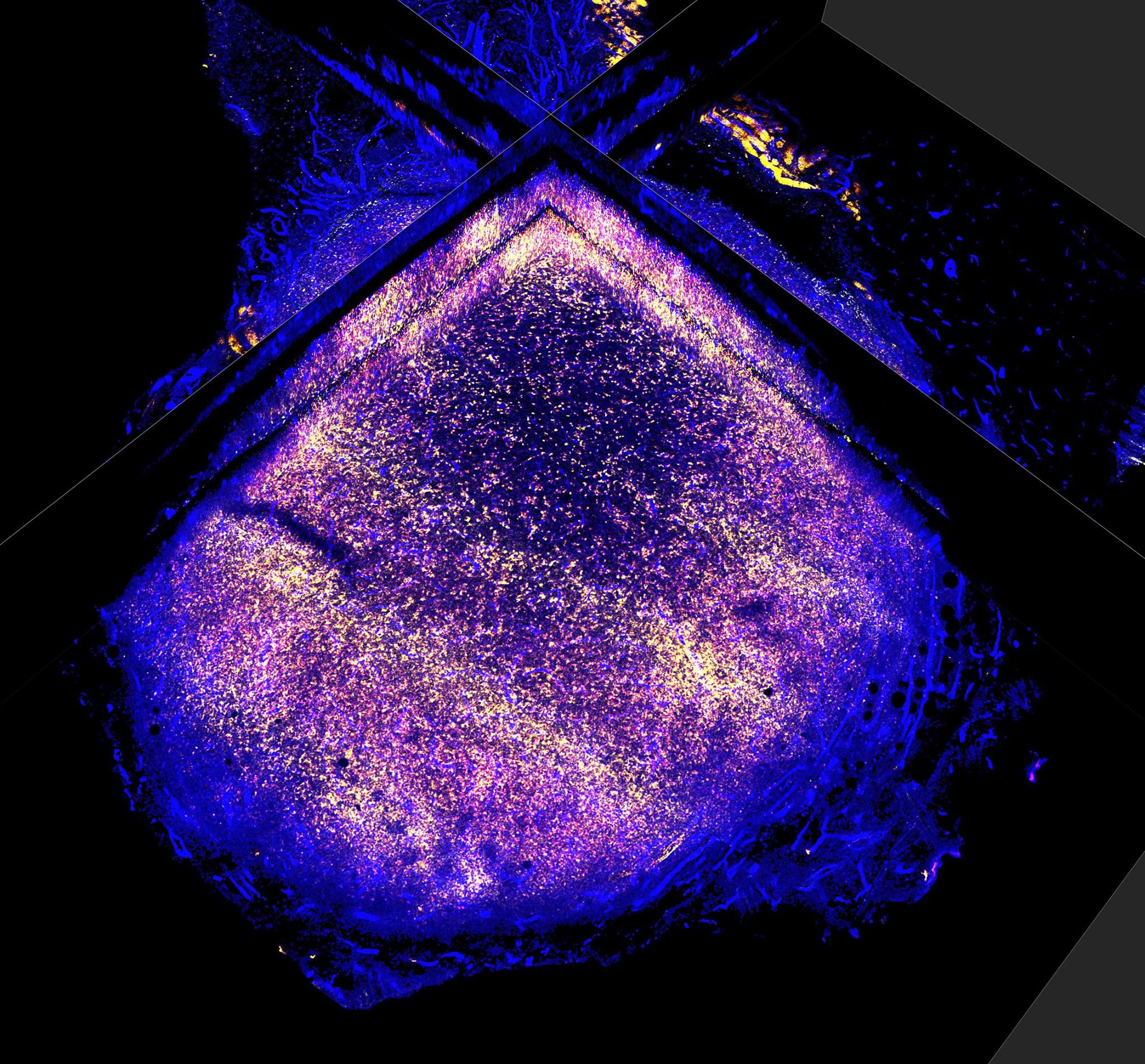
X-Zell is dedicated to the detection and removal of cancer cells.
Whenever needed, we help technology founders find clients. For some startups, this doesn't make sense - there are some ideas that people will obviously want if the technology is clear, and there are obvious other things to focus on. But for others, it can be a useful way to find this smallest useful project and / or gain more traction.
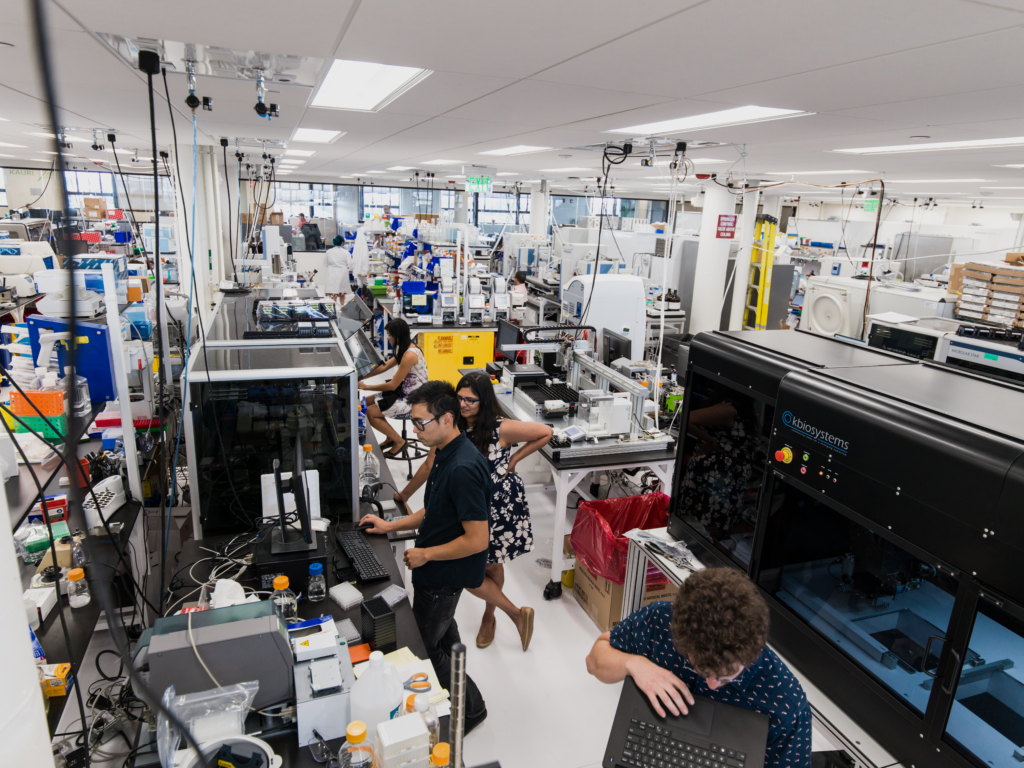
Gingko Bioworks, which focuses on biological engineering, specifically microbial customization, is a good example - before YC did some big deals with long ~ 6-month sales cycles. But when they went through YC, we advised them to figure out how to meet the minimum size commitments that they could sell faster. During YC, they adopted this strategy and closed three new Fortune 1000 clients. They say this strategy gave them a lot of momentum to continue to develop where they are now.
High-tech companies go through the same three-month package format as all startups we finance. No matter what people are working on, it ultimately motivates you to be around the other founders during this short and stressful period of time. And during the package, hard-tech founders spend hardware and biotech days as companies come together to hear from successful founders how best to tackle their specific problems.
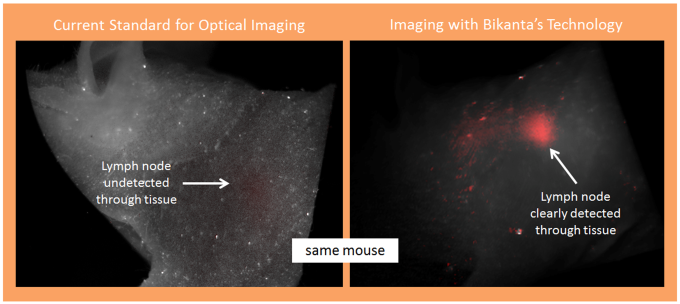
Bikanta - nanodiamonds for scanning living tissues.
Tech companies are also joining the same YC alumni network of over 3,000 as all of our startups. The network is just as useful for a high-tech company as it is for any other startup: alumni are resources for advice, hiring, and serving as early adopters.

For example, Transcriptic, which operates a robotic lab for external scientific experiments, offers its services worth $ 20,000 in loans to every YC biotech company that wants to use them. This not only helps other YC companies, but also turns them into clients that Transcriptic can grow with as their clients' businesses grow.
Alumni and teammates also provide moral support - more than others, we hear from hard-tech founders how devastating a startup can be; the tasks are difficult and the exhaust is only possible in the long term. When a group of other founders are doing the same, it can be very helpful.
Finally, we are particularly good at helping high-tech companies raise money. For founders with sophisticated technology, fundraising is often more difficult because what they are working on often falls outside the comfort zone of investors. But for now, many investors take YC's opinion as an encouraging sign. YC's support can help bring scary ideas to life.
We hope to fund a lot more high-tech companies in the future, and if you're messing with something or just playing with an idea, we hope you apply now, even if that means you have to submit your application late. There will be many more than $ 10 billion companies in the future, and we hope to help many more get started.
Translation: Varya Sheremieva
On November 9, 2020, a free Startup School for Future Founders by Y Combinator has started from the world's best accelerator, and we will publish useful translations for those who plan to become a founder of an international startup.
Follow the YC Startup Library news in Russian on the Telegram channel or on Facebook .
Useful materials
- Y Combinator: Russian-speaking founders
- What startups Y Combinator is looking for in 2020
- A selection of 143 translations of Paul Graham's essays (from 184)
- All 16 lectures of the Y Combinator startup school with Russian subtitles of the "Spring 2017" version
- All 20 lectures of the Y Combinator 2018 startup school with Russian subtitles
- All 21 lectures of Y Combinator startup school with Russian subtitles 2019
- Chat Y Combinator in Russian
- Public on Facebook YCombinator in Russian